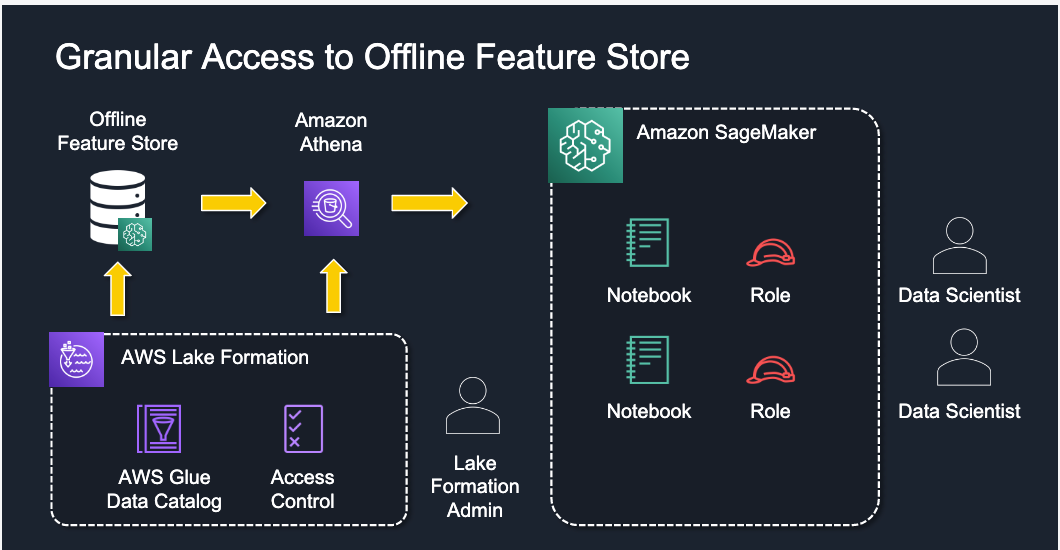Custom AI solutions offer businesses the power to automate processes, make smarter decisions, and scale efficiently. While the benefits are significant, implementing AI is not always straightforward. Many companies face challenges during design, deployment, and ongoing maintenance. Understanding these obstacles and how to overcome them helps businesses maximize the value of their AI investment.
Challenge 1: Data Quality and Availability
AI relies on large amounts of accurate, relevant data to perform well. Poor data quality leads to inaccurate predictions, slow performance, and even biased outcomes. Many businesses struggle with incomplete datasets, inconsistent formats, or outdated information.
How to Overcome:
- Conduct a data audit to identify gaps and inconsistencies.
- Standardize data formats and clean historical records.
- Implement processes to capture new data accurately.
Ensuring reliable data input from the start improves AI performance and reduces errors. Companies that pay attention to data quality often see faster adoption and better results.
Challenge 2: Integration With Existing Systems
Custom AI solutions rarely operate in isolation. They need to integrate seamlessly with existing workflows, software tools, and databases. Misalignment can lead to operational disruptions and user frustration.
How to Overcome:
- Map all current workflows and software dependencies.
- Choose AI solutions that support API integration.
- Test integration in small pilot programs before full deployment.
Successful integration ensures that AI adds value without creating new bottlenecks or requiring major process changes.
Challenge 3: Cost Management
Developing and deploying custom AI solutions requires significant investment. Expenses include data preparation, software development, cloud infrastructure, training, and ongoing maintenance. Businesses may underestimate costs, leading to budget overruns.
How to Overcome:
- Start with a clear budget and identify high-impact areas.
- Prioritize AI initiatives with measurable ROI.
- Use phased deployment to spread costs and learn from early results.
Proper financial planning allows companies to implement AI solutions efficiently without overextending resources.
Challenge 4: Talent Shortage
AI development requires specialized skills. Many companies lack in-house expertise for model training, algorithm design, and deployment. Hiring talent can be expensive and competitive.
How to Overcome:
- Partner with experienced AI developers or agencies.
- Train existing staff in AI literacy and basic data management.
- Leverage AI platforms that provide pre-built models with customization options.
Combining external expertise with internal knowledge ensures a smoother implementation and knowledge transfer to the team.
Challenge 5: Resistance to Change
Employees may resist AI solutions because they fear job loss or struggle with new technology. Resistance can delay adoption and limit the effectiveness of AI.
How to Overcome:
- Communicate the benefits of AI clearly, emphasizing automation of repetitive tasks rather than replacement.
- Provide training sessions to build confidence with new systems.
- Involve teams in the development and deployment process to gather feedback and reduce friction.
Employee buy-in is critical. When staff understand the purpose and potential of AI, adoption accelerates and productivity improves.
Challenge 6: Maintaining Accuracy and Relevance
AI models can lose accuracy over time if they are not updated with new data or changing business conditions. Outdated models produce incorrect insights and decisions.
How to Overcome:
- Schedule regular updates and retraining of AI models.
- Monitor AI performance continuously to detect errors early.
- Implement feedback loops from users to improve accuracy.
Keeping AI models up-to-date ensures they remain effective and deliver consistent results.
Challenge 7: Ensuring Security and Compliance
AI solutions often process sensitive data. Improper security or regulatory non-compliance can result in data breaches or legal penalties.
How to Overcome:
- Encrypt data both at rest and in transit.
- Follow industry standards and legal regulations for data privacy.
- Limit access to sensitive information and audit AI activity regularly.
Security and compliance measures build trust with stakeholders and protect company reputation.
Challenge 8: Measuring ROI and Value
Businesses sometimes struggle to measure the impact of custom AI solutions. Without clear metrics, it is hard to justify continued investment.
How to Overcome:
- Define measurable objectives before deployment, such as time saved, error reduction, or revenue increase.
- Track performance using dashboards and analytics.
- Adjust AI workflows based on results to improve ROI.
Clear measurement allows companies to identify successes, replicate effective strategies, and optimize AI systems over time.
Challenge 9: Choosing the Right Use Cases
Not every business task benefits from AI. Companies sometimes try to automate processes that are too complex, poorly defined, or low-value.
How to Overcome:
- Start with processes that are repetitive, data-heavy, and high-impact.
- Pilot AI on a small scale to test results before full implementation.
- Gradually expand AI to other areas as success is proven.
Selecting the right use cases ensures that AI delivers tangible benefits quickly.
Challenge 10: Staying Updated With AI Advancements
AI technology evolves rapidly. Models, algorithms, and platforms change constantly. Companies that do not keep up risk falling behind competitors.
How to Overcome:
- Follow industry updates, blogs, and best practices.
- Attend webinars, conferences, and training sessions.
- Subscribe to resources such as best ai newsletters to stay informed about emerging trends.
Continuous learning allows businesses to improve existing solutions and adopt new technologies efficiently.
Conclusion
Implementing custom AI solutions comes with challenges including data quality, integration, cost, talent, resistance, accuracy, security, ROI, use case selection, and staying updated. Businesses that plan carefully, involve stakeholders, and partner with experts overcome these obstacles successfully. Companies using custom ai solutions gain automation, improved decision-making, cost reduction, and long-term competitive advantage. While challenges exist, proactive strategies make the implementation process smoother and the benefits far-reaching.





